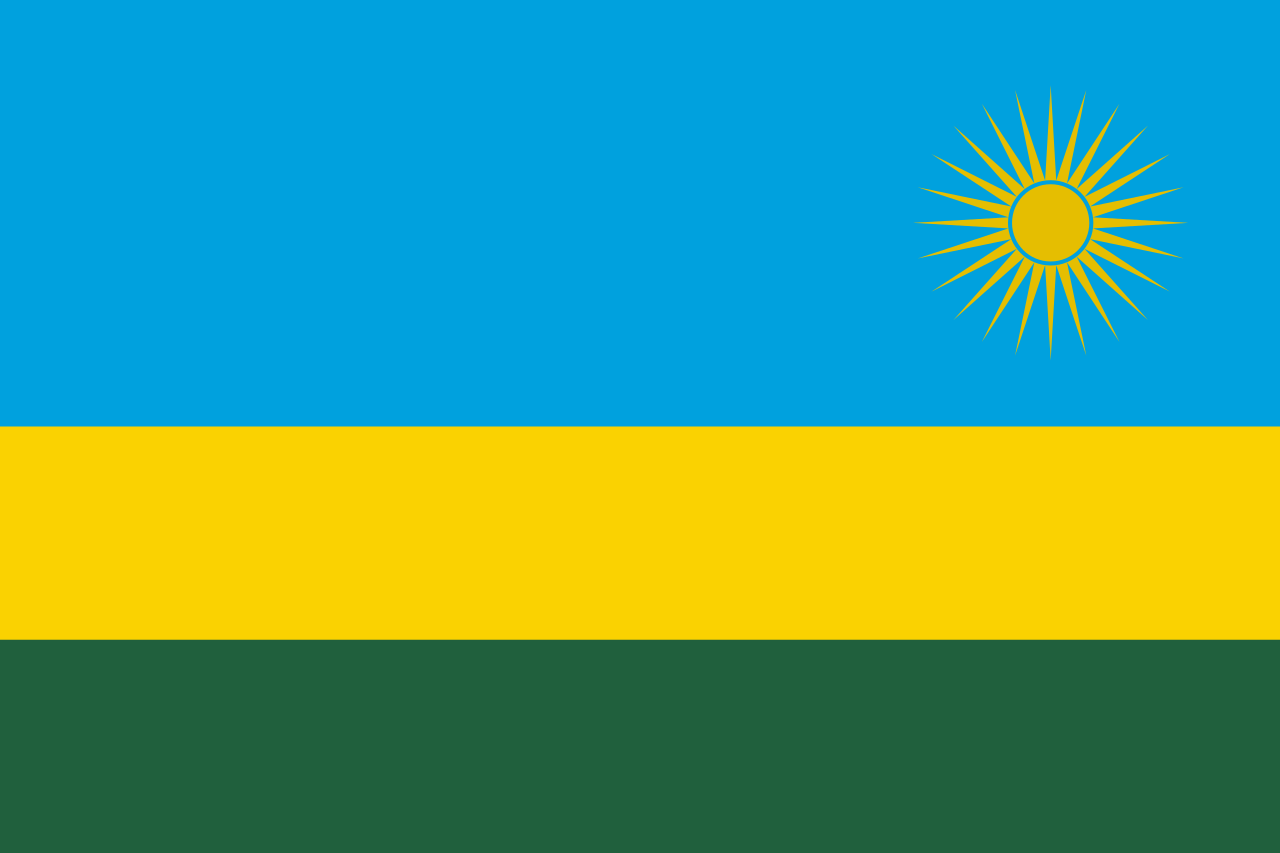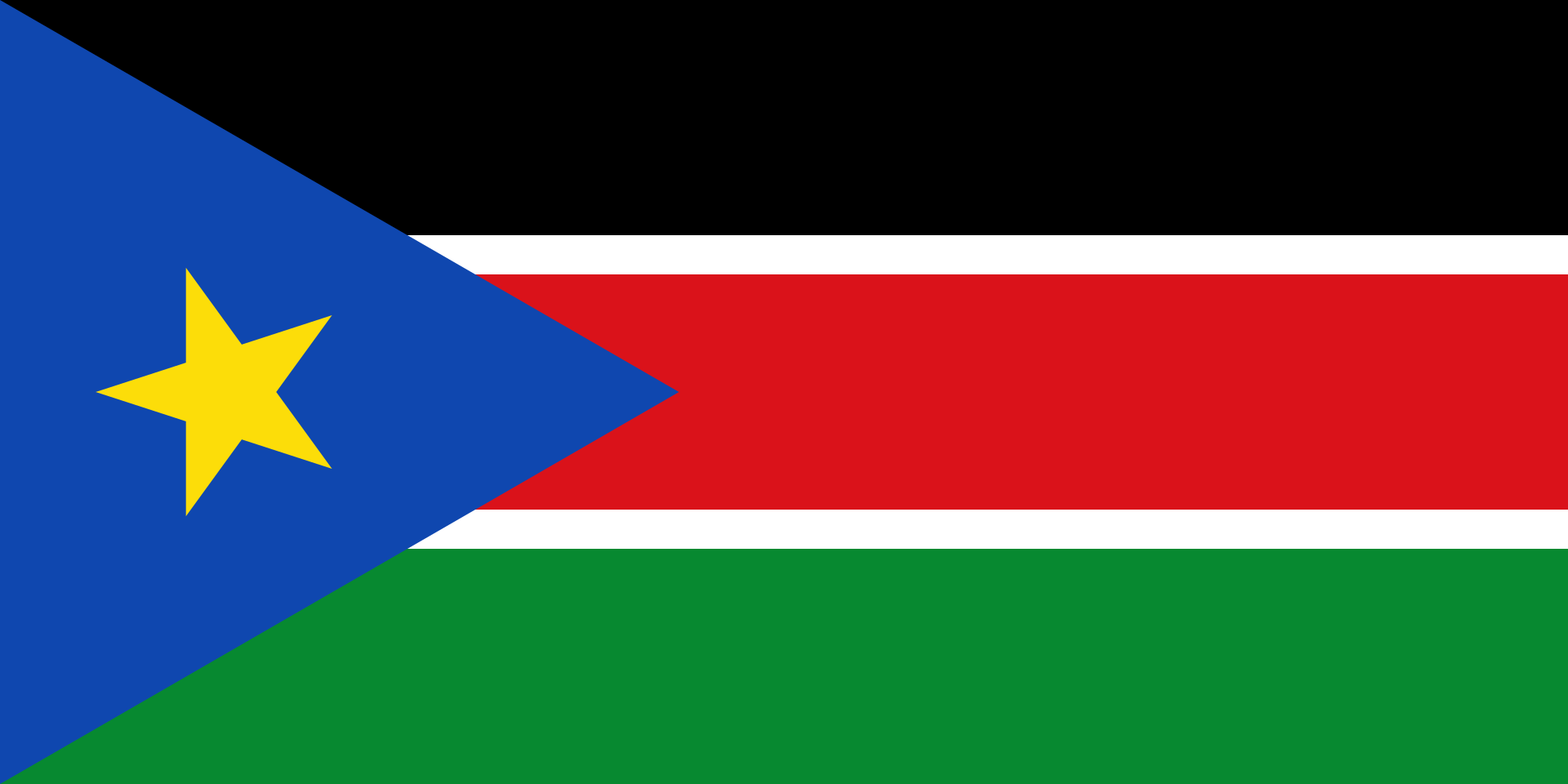LONDON- The Commonwealth Secretariat has today held the first instance of a new forum for discussion and dialogue with political leaders and thinkers from within the Commonwealth.
The inaugural Marlborough Dialogues, held its first session today, welcoming Dr William Ruto, Deputy President of the Republic of Kenya to London to speak on the importance of the Commonwealth Charter and Commonwealth values to Kenya and its democracy.
The Marlborough Dialogues, which take their name from the historic headquarters building of the Commonwealth Secretariat in London, will provide an international platform for member states to explore solutions to their biggest challenges and the opportunity to discuss key issues affecting the development of free and democratic societies.
Moderated by High Commissioner of St. Kitts and Nevis to the UK, H.E. Kevin Isaac, the session with Deputy President of Kenya HE Dr William Ruto examined democracy in Africa and peaceful transfers of power in the region - with a particular focus on Kenya's general election later this year.
Ahead of the event, Dr William Ruto, Deputy President of the Republic of Kenya said:
“The Marlborough Dialogues are part of a framework for friends who belong to the Commonwealth family to engage, share experiences, learn from one another, celebrate what has worked and see what has not worked, so we can build consensus and move forward in the same direction.
“They are a coming together of the Commonwealth family so we can build on the successes of our democracies, build on the development programmes that we share and continuously engage to make our world a better place for all our peoples to live in.”
Speaking on the upcoming Kenyan general election Dr Ruto added:
“We have stated publicly and unequivocally, we will do our utmost best to make sure the election are free, fair and peaceful.
“We will accept the outcome of the elections and decision of the people of Kenya”
The Marlborough Dialogues is one approach the Secretariat is using to deepen its interaction with member states, providing a forum to articulate their priorities, and to better align the Secretariat’s work to member states’ needs and aspirations. It is embedded within a whole-of-election cycle approach, whereby the Secretariat seeks to support democracy in member countries at all times and not only in election periods.
Speaking on the Marlborough Dialogues the Commonwealth Secretary-General, the Rt Hon Patricia Scotland said:
"Dialogue matters. Conversations like this help to demonstrate that the Commonwealth, our Charter and our values are more relevant and important than ever. The Marlborough Dialogues enable us to bring people together to reaffirm our commitment to strengthening the culture, process and institutions of democracy, and bolster the foundations for peace and prosperity across the Commonwealth.








